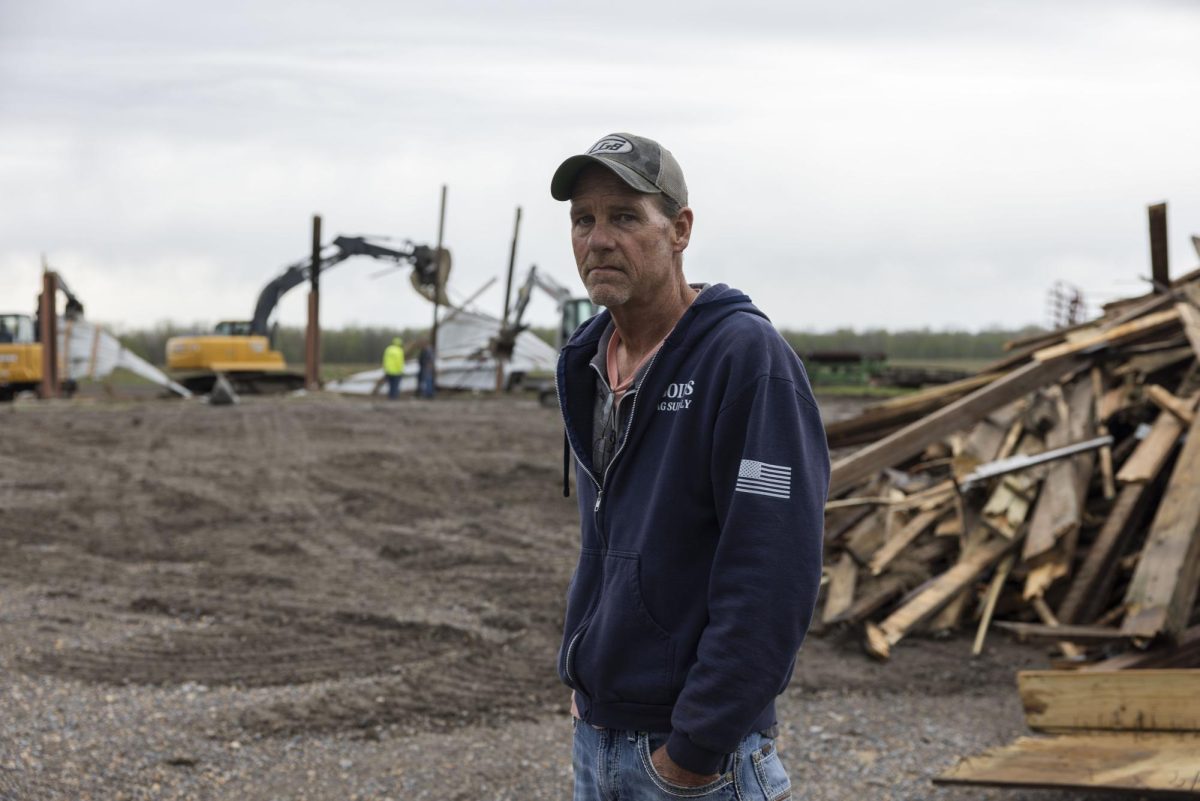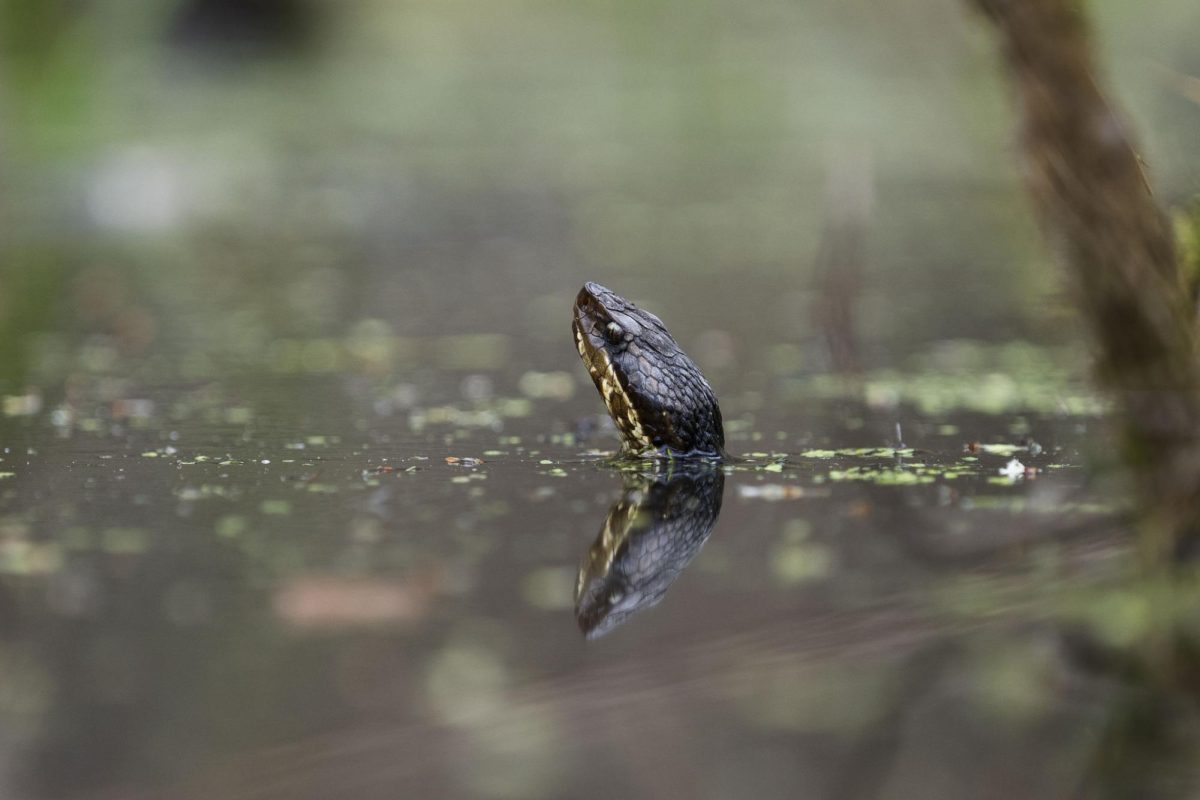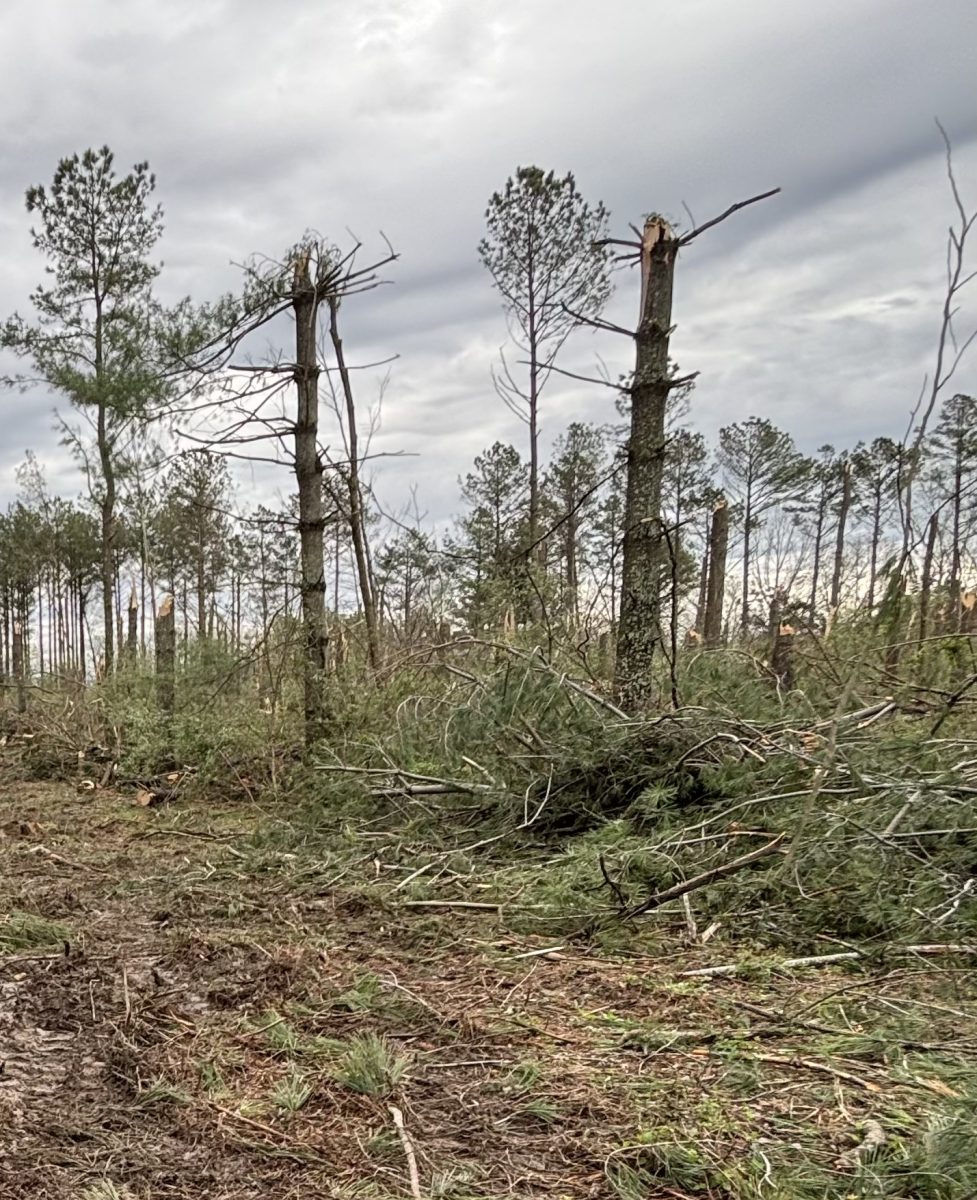Military experience makes students more focused
January 27, 1998
When Daniel Hatchel enlisted in the U.S. Navy to fund his college education, he had no idea that he would be patching up U.S. troops during the Persian Gulf War.
It was not all that bad for Hatchel, a junior in university studies from Atlanta. He knew what he was getting into when he joined.
When you’re in the military you’re part of a team, Hatchel said. Everybody’s trying to get through it. And it was a rewarding experience.
Advertisement
Hatchel and other U.S. troops were sent to the Persian Gulf on Jan. 16, 1991 after the United Nations demanded that Iraqi President Saddam Hussein withdraw his forces from the area.
Healing patients was hard work for Hatchel, but the toughest obstacle he and the soldiers had to sweat out was the extreme heat that plagued the Persian Gulf.
I was never in a position of a lot of danger, he said. Our biggest problem was trying to get rid of the heat.
That same heat reminds Karen Cooper, a junior in radio and television from Chicago, of her days in the U.S. Air Force. She was on a list of soldiers to fly in the war but was chosen to take on other tasks.
Her heart was set on dancing since the age of nine, but never did she dream of prancing in the heat during Operation Desert Storm while in the military.
Cooper devoted herself entirely to the Air Force. Her duties were transmitting secret NATO messages and editing Sergeants Magazine. And when needed, she suited up in bright fuscia and gold sequin dresses and high heels.
Cooper traveled with Usafe View Showcase, which entertained troops throughout the war to boost morale. After shows, sleeping on dirt and plywood floors under tents in extreme temperatures was strenuous. Still, she lived through it.
Advertisement*
It was so hot there, she said. It felt like 150 degrees. I remember all these costumes sticking to my body. All you could do was stand up or sit down and work up a sweat.
Sweating it out in the war paid off for Cooper and Hatchel. Both have been through the experience of a lifetime that has followed them through their college career.
Hatchel said the military taught him that he needed an education. And by traveling to every continent except Antarctica, he has an advantage in his SIUC classes now.
It puts things in a lot more focus, he said. For instance, if I’m in a history class and the teacher says something about calvary for a point of reference things like that put it in a clearer picture.
Col. Larry Magnuson, a professor in aerospace studies, said it is not surprising that since the war the veterans maintain focus. They have encountered different nationalities and insight.
[The military] gives a student a more worldwide experience base, he said. Many times they are able to see different events from a different perspective.
Cooper said she received a more wordly perspective from the Air Force that she would not have encountered. The war has definitely changed her outlook on the world.
Things that seem like problems really aren’t to other people, she said. When you see the things that go on in the world Kuwaitis who lose their limbs and their houses you see that those problems are really small problems, and there’s people worse off than you.
Now in the Air Force ROTC, Cooper feels it is her duty to teach other students the aspects and benefits of the military. She is a soldier for life.
I knew I wanted to make a career in the military and ROTC, Cooper said. You have the possibility to implement your ideas and affect the quality of the Air Force and people’s lives positively. I can teach people who haven’t had the opportunity to experience the military.
Magnuson said that veterans usually have a positive outlook on life and set positive role models for others.
Whether it’s the Gulf War or any military experience, when they come to college they are usually more focused, he said. They’ve been out in the world, and they have made a commitment. They tend to be our most dedicated students.
Advertisement







